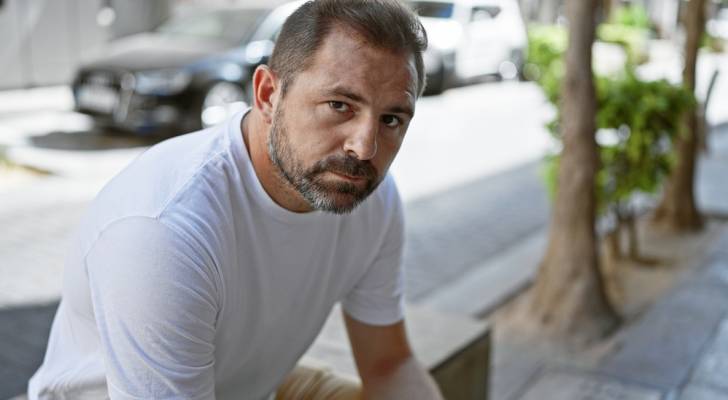
If you’re divorced and in your mid-50s with kids and a healthy RRSP nest egg than retirement at 65 isn’t off the table. But a comfortable retirement isn’t just about the size of your nest egg anymore, it’s about who you need to support, how long that support should last and what lifestyle you’re aiming for when you retire.
Many Gen Xers are now facing similar questions with retirement on the horizon. The good news? With careful planning and a clear-eyed view of future expenses, retirement in about a decade is within reach.
Let’s say you’re aged 55, divorced with two kids and have $810,000 in your RRSP — here’s what you and others in a similar situation need to consider.
How big can your portfolio get?
In addition to your current account accumulation in your registered retirement savings plan (RRSP), imagine you’re able to max out RRSP contributions for the next 10 years. That means putting away $32,490 each year. This amount can be your own contributions, as well as employer matched contributions, if your workplace offers such a program. Just be mindful that your contribution limit might be lower if you are a member of a registered pension plan through your employer.
While $33K per year is a lot, keep in mind that contribution limits tend to rise over time. But for the sake of simplicity let’s assume they stay the same over the next decade. Let’s also assume you break down this contribution into monthly sums of approximately $2,708 (with no employer match. Assuming a conservative annualized investment return of 7%, this portfolio would be worth just over $2.1 million when you turn age 65.
That’s a solid nest egg, but before you celebrate you need to figure out how much income this portfolio will provide you during your retirement years.
Using the 4% rule as a guide — which means withdrawing 4% of your savings in your first year of retirement and adjusting that amount annually based on inflation — you could withdraw $80,000 from your retirement account in your first year of retirement. Add in the income benefits of the Canada Pension Plan (CPP), and this comfortable retirement income should should last at least 25 to 30 years.
But as a divorcee with kids, there are other factors to consider.
What about your kids and your ex?
Here’s where things get complicated because you’re not just planning for yourself.
Are your kids still under the age of majority? Are they in college? Are you covering tuition or rental housing as they attend post-seconeary school? If any of these scenarios are possible than it’s wise to budget for these additional costs, now.
Even if you’re done with formal support, you may want to help out in different ways. For instance, you may support your kids by allowing them to live with you, as a result your household expenses may stay higher for longer.
Do you pay alimony? Finding out when you no longer need to make those payments will be critical.
Also, depending on marital laws in your area, your ex may have a claim on your retirement accounts as a divorce can split RRSP earnings based on the marriage years. Make sure you know what’s truly in your name before you plan around it.
Health care and taxes
Healthcare is one big reason Canadians get strategic about retirement, especially if you may need home care, long-term care or prescription costs.
Also, remember that RRSP withdrawals are taxed as ordinary income. If you’re pulling $80,000 a year, you’ll need to factor income tax into your budget.
A portion of your CPP benefit is also taxable income. While taxes aren’t automatically deducted you will be required to square up with the Canada Revenue Agency (CRA) when it comes tax time. If you want to skip the tax shock, you can log into your My Service Canada account and request to have your federal income tax deducted on a monthly basis.
If you have any further concerns — including care for yourself in the future — consider meeting with a financial advisor. Together you can come up with a plan to best suit your needs.
Bottom line
So, can you retire in 10 years? If you keep up your retirement contributions and the market is stable, it’s very possible — especially if your expenses aren’t sky-high. A $2 million nest egg sounds like a lot, but it depends on how you spend the money and who you support.
It’s less about a magic number and more about a personal budget. Can your future income cover your actual costs, including kids, taxes, health care and leisure? If you’ve got a handle on what your costs will be, and the math checks out, retirement could be a real option.
This article provides information only and should not be construed as advice. It is provided without warranty of any kind.